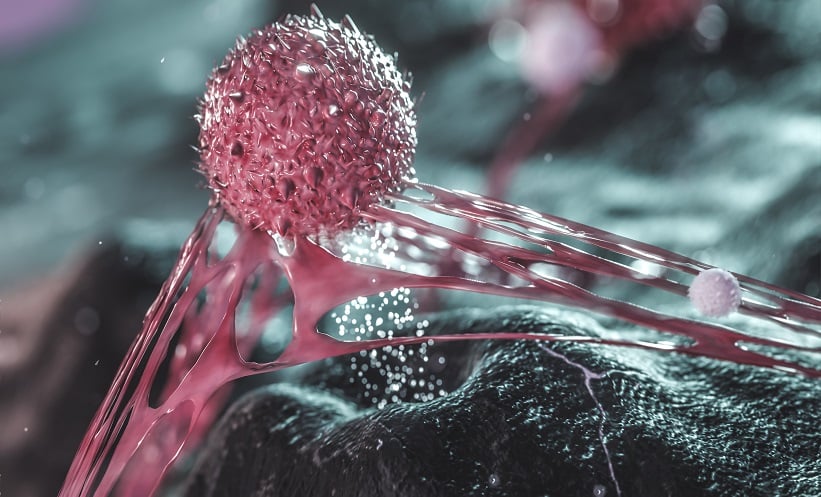PROTECTIVE cells can be converted into tumor promoters after the immune system has been hijacked by cancer. According to researchers from the University of Rochester Medical Center, New York, platelet-activating factor (PAF) is a key driver of this transformation, and has been identified as a potential target for broad-spectrum cancer therapies.
Cancer, often described as “a wound that does not heal,” can manipulate the immune system to a weak position incapable of attacking tumor cells. The study, funded by National Institutes of Health (NIH), focused on the behavior of neutrophils, which, under the influence of PAF, become immunosuppressive and support tumor growth. This was observed across several cancers, including pancreatic, breast, ovarian, colorectal, and lung cancers. Crucially, the study found that PAF signals not only recruit harmful immune cells but also suppress the body’s natural defenses. By blocking PAF activity, researchers believe it could be possible to restore the immune system’s ability to combat various cancers.
Minsoo Kim, corresponding author of the study and a research leader at the Wilmot Cancer Institute, Rochester, New York, emphasized the importance of this discovery: “If we can develop therapies that inhibit PAF, we may have a treatment that works across multiple cancer types.”
The study also used advanced 3D imaging to track immune cell behavior, providing visual confirmation of how immune cells are reprogrammed within the tumor environment. These findings are particularly significant for hard-to-treat cancers like pancreatic cancer, where the immune system is heavily suppressed.
This study offers hope for improving immunotherapy outcomes by targeting the tumor microenvironment itself, transforming how we approach cancer treatment.
Reference: Dahal A et al. Platelet-activating factor (PAF) promotes immunosuppressive neutrophil differentiation within tumors. PNAS. 2024;121(35):e2406748121.
Anaya Malik | AMJ








